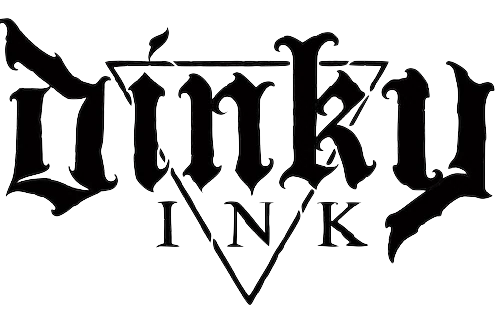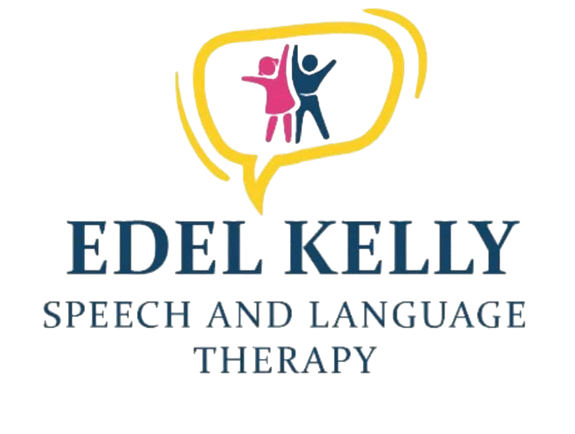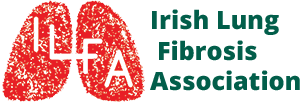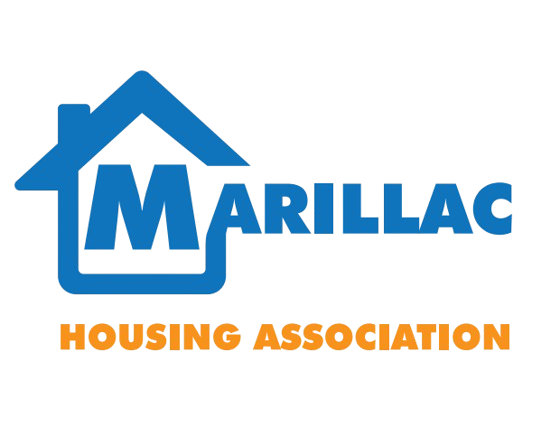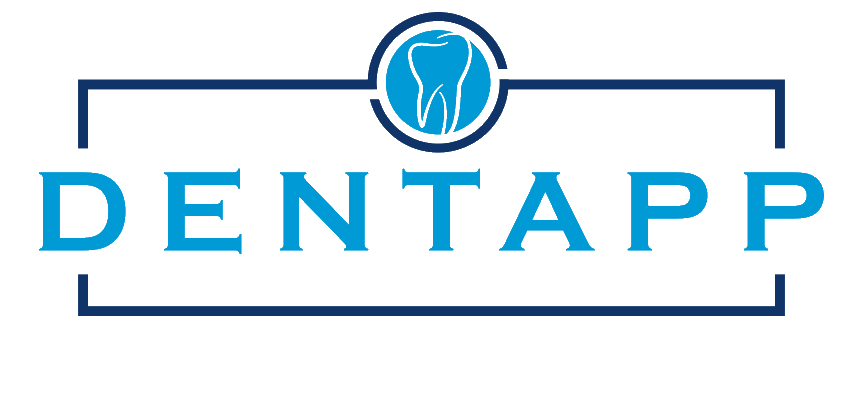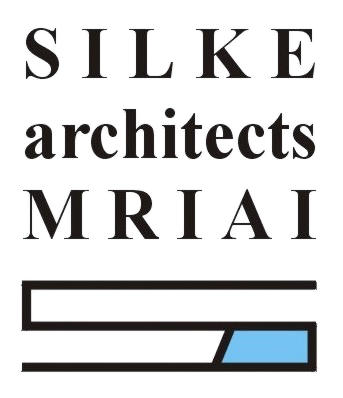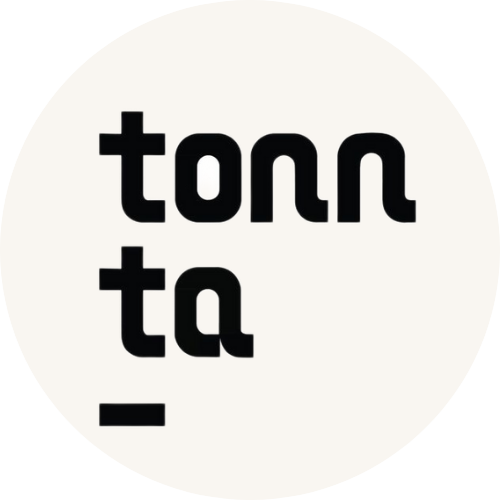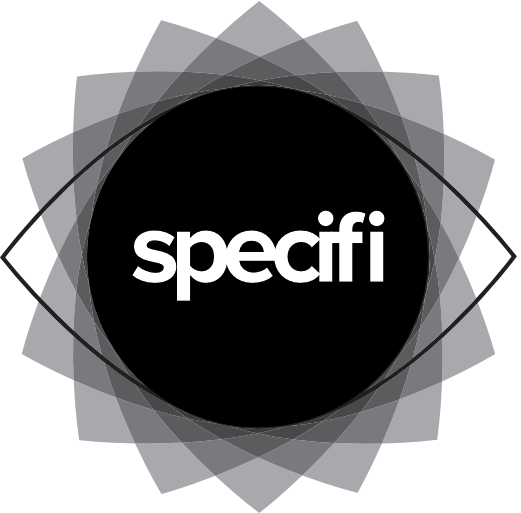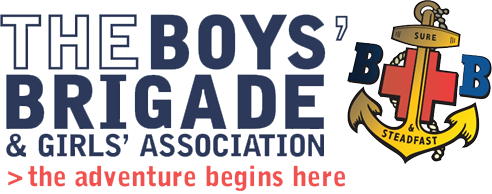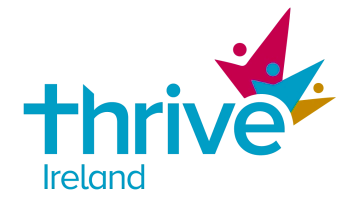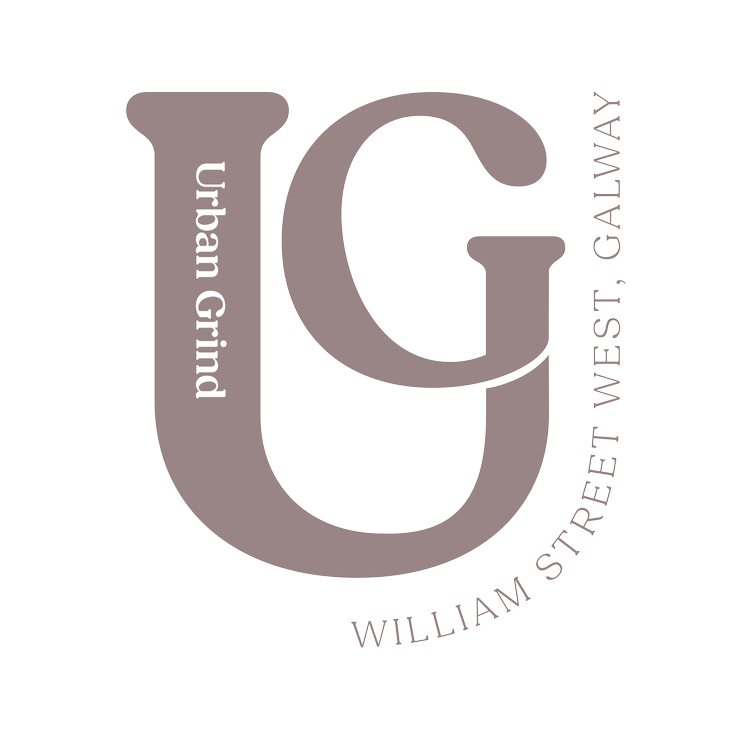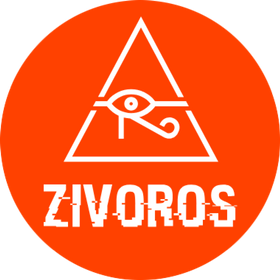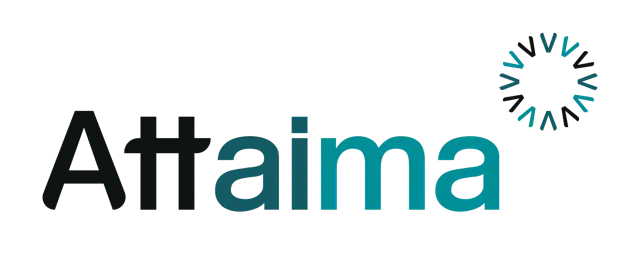Tax relief on nursing home fees and for dependent relatives
You may get tax relief on nursing home fees if you have an income above the tax exemption limit.
You claim tax relief for nursing home expenditure under the general scheme for tax relief on certain medical expenses. Maintenance in a hospital or approved nursing home qualifies for relief. Most nursing homes are approved for tax relief. You can claim tax relief on nursing home expenditure at your highest rate of tax (either 20% or 41%).
If you are paying the nursing home fees, you can get the tax relief – whether you are in the nursing home yourself or you are paying for another person to be there. Before 2007 this person had to have been a relative or dependent.
A long-term patient in a nursing home who pays tax under PAYE can apply to have the expenses allowed in his or her tax credit certificate. You should apply for the tax relief as soon as you start paying nursing home fees, as the tax relief can be applied to the current tax year.
Employing a Carer – Tax Credit
Where a person is permanently incapacitated due to physical or mental infirmity, a tax allowance of up to €50,000 is available towards the cost of employing a person to care for the incapacitated person. You can claim this at your marginal tax rate. This credit may be claimed either by the incapacitated person or by a relative including relatives by marriage.
Dependent Relative Tax Credit
This tax credit is available if you are maintaining either:
- a relative of you or your spouse who is so incapacitated by old age or infirmity as to be unable to maintain himself/herself.
- you or your spouse’s widowed mother/father whether she/he is incapacitated or not
- A child of yours who lives with you and on whose services you are dependent because of old age or infirmity.
The Dependent Relative Tax Credit is €70. If the income of your dependent relative exceeds €13,873 in 2012 no tax credit is due. All of your dependent relative’s income (for example, social welfare payments, pensions and deposit interest) is taken into account for income limit purposes.
You no longer need to qualify for the Dependent Relative Tax Credit in order to claim health expenses.
Covenants
Covenants may still be made for people over 65 or those who are permanently incapacitated.
A Deed of Covenant is a legal document under which one person agrees to pay a certain sum of money each year to another person. The advantage is that the person paying the money can effectively not pay tax on it. The money is transferred to someone who does not have a taxable income or pays a lower rate of tax than the person giving the money.
The covenant is a legal document but you do not need to go to a lawyer to draw one up. The tax office will give you a standard form of covenant or you may get one from any bank. The covenant must be capable of lasting at least 6 years. The person who covenants the money may not end the covenant unilaterally but both parties may agree to end it. This may happen before the 6 years are up but that does not matter as long as it was capable of lasting when it was made.
There is no tax relief on most covenants, other than covenants for the benefit of the elderly (over 65), permanently incapacitated people, maintenance payments between spouses, research and the teaching of natural sciences and recognised human rights organisations. Most covenants are subject to a 5% income restriction, except for covenants for the permanently incapacitated and those for maintenance payments between spouses.





















